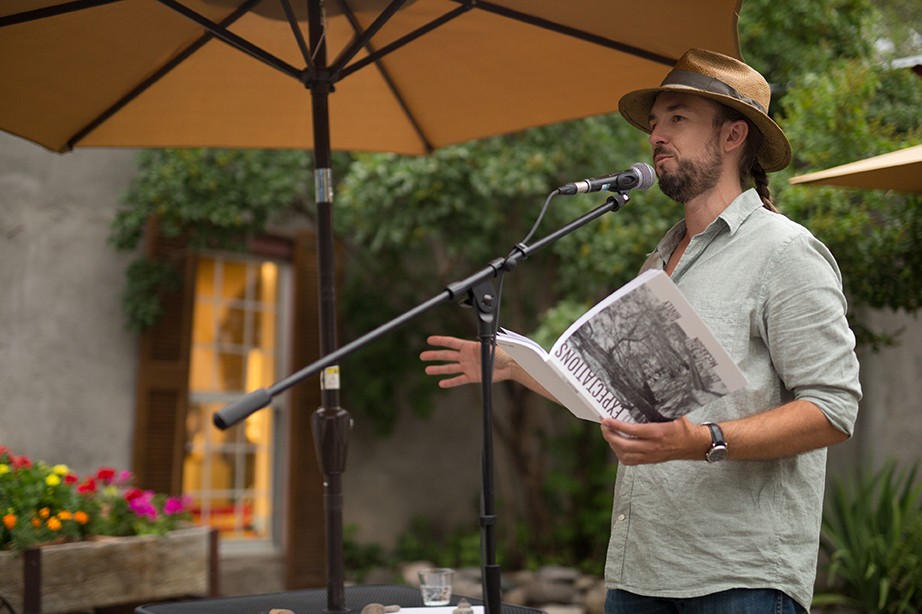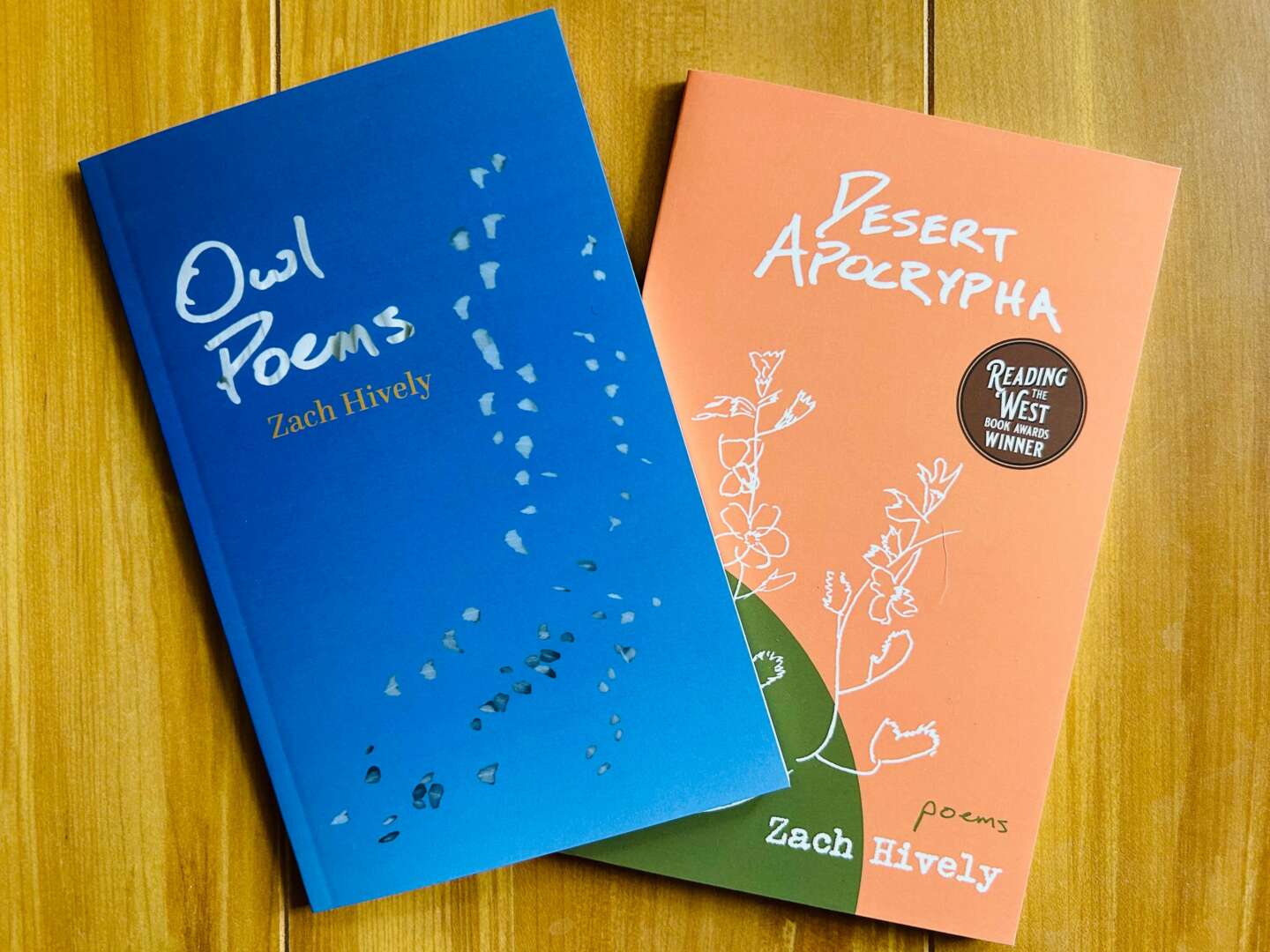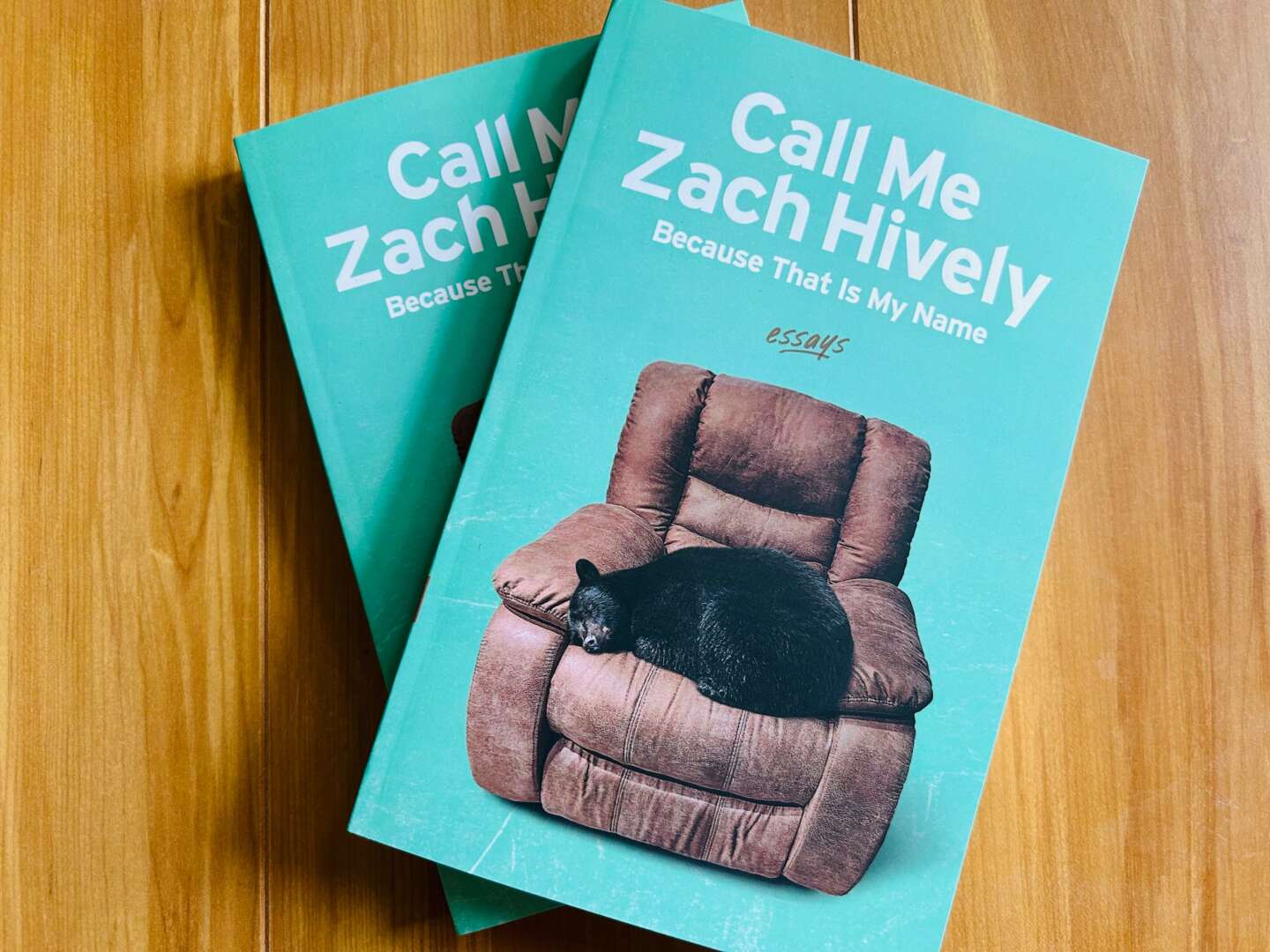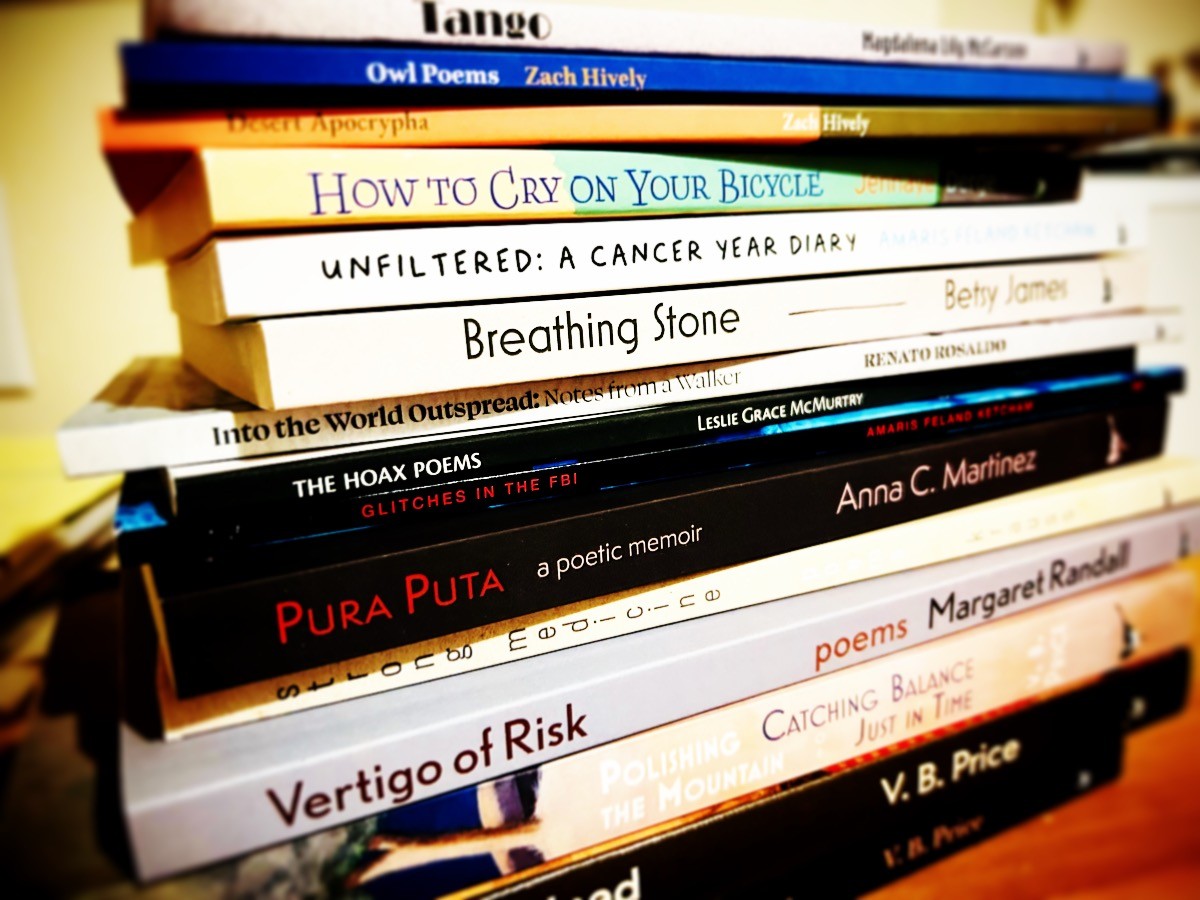We’re excited to introduce you to the always interesting and insightful Zach Hively. We hope you’ll enjoy our conversation with Zach below.
Zach, thanks for taking the time to share your stories with us today Let’s jump back to the first dollar you earned as a creative? What can you share with us about how it happened?
I’d just finished graduate school, moved to Colorado, and found a perfect place to live and write: my window opened onto the red-rock Animas River valley and let in the echoes of the historic train whistle before it climbed up the mountains every morning.
Naturally, I did what any good writer does—I procrastinated. I decided I could train to ride my bicycle over those mountains for the Iron Horse Bicycle Classic in the spring, despite not having ridden a bicycle since I was about eight. So what? This was a perfect Colorado rite of passage, and I had enough leftover student loans to pay rent until then.
So I did. I trained for minutes every week, and gradually, painfully, built them into hours every week. I did this for seven months. Someday, I reckoned, this would make a good story worth telling. With about a week to go, it struck me that I could pitch this story to the local alternative weekly paper—a humorous column, of sorts, chronicling my ascent from Dedicated Indoorsman to Passable Cyclist. I didn’t expect the paper to say yes, but it did, and I had one day to actually write the thing.
After learning to climb mountains, though, a 750-word assignment felt like an easy downhill cruise. The paper published the column and sent me a bona fide check for $100. I wanted to frame it. But those loans were drying up, so I cashed it.
Fortunately, it was the first of more to come; this piece ended up being the debut of my Fool’s Gold column, which has run in various regional publications for nearly a dozen years now, and which has provided the fodder for my forthcoming book of essays, Call Me Zach Hively Because That Is My Name. Receiving that first actual payment proved to me, maybe not that I could actually do this, but that I could sucker people into believing I could. And look at me now.


Zach, before we move on to more of these sorts of questions, can you take some time to bring our readers up to speed on you and what you do?
I am an author of creative nonfiction, poetry, and the long-running Fool’s Gold humor column. I am also the founder and publisher of Casa Urraca Press, an independent publishing company championing authors and artists from New Mexico and the Southwest.
Humor—whether being funny, or whether simply having a sense of it—is, I think, the way in to thinking critically and reflecting on the foibles of being human. My creative nonfiction (including the Fool’s Gold column and my forthcoming book of essays, Call Me Zach Hively Because That Is My Name) allows me to make great fun of myself, and thus, whatever catches my attention. It keeps me from taking myself too seriously and trying to expound too authoritatively. Instead, I get to turn the world’s pockets inside out and let the reader put things back together.
I like to think this spills over into my poetry, as well. After all, what is humor but putting ideas and objects together in unexpected and delightful ways? This makes room for humor in love, in nature, even in grief.
Perhaps my humor is shaped by being a New Mexican, both by birth and now again by choice. The rest of the world doesn’t quite know what to make of New Mexicans. Our blend of heritages and cultures is unlike what exists anywhere else. New Mexico is highly regarded in the fine art scene, but less so with the literary arts. Even New Mexicans, in my experience, cannot identify many New Mexican authors—in fact, “local author” is used as a pejorative, even by booksellers. In this industry, our state is provincialized—categorized as something “niche” or “regional,” precisely because our literary culture is so distinct from any other.
That’s why Casa Urraca Press champions New Mexico and Southwestern authors as a traditional publishing house focusing on creative nonfiction, poetry, and genre-bending works. The world deserves to hear New Mexican voices, which are underrepresented nationally (and underappreciated even locally). So we publish diverse voices that deserve to be in the conversation.
To foster the creative and literary arts, we also host generative writing workshops in our local communities and online, and we provide premier book production services (such as editing, cover design, typesetting, marketing materials, and author coaching) for independent authors from all over the world.



How can we best help foster a strong, supportive environment for artists and creatives?
I know this sounds crass, but here’s what society can do: Pay us.
I went to graduate school in Ireland and learned what it looks like when a government and a people support their creatives. Authors there have much greater access to grants and other government funding to provide both time to write and opportunities to study the craft. A society that provides readily accessible and available funding opportunities takes off the pressure to survive and allows creatives the freedom to create.
This goes beyond big-dollar grants and governmental support, though. On a micro scale, individuals and communities that choose to support local businesses inevitably support creators both directly and peripherally. Such support means more than spending money. It means leaving reviews on well-trafficked sites. It means sharing social media posts with personal touches. It means recommending creatives and their services to friends and colleagues. It means, ultimately, being aware of the ecosystem of creatives, and how one’s choices impact that ecosystem.
Is there something you think non-creatives will struggle to understand about your journey as a creative? Maybe you can provide some insight – you never know who might benefit from the enlightenment.
I find that many people in many non-creative fields have a hard time understanding how creatives could do all this work yet not be in it for the money.
This may seem counterintuitive, considering that I just voiced that society can best support a creative ecosystem by paying creatives. Yes, we need money. Yes, we want money. Yes, the realities of existence demand that we do what we can to earn money from our art. But a great many of us are not in it for the money we might make.
This really comes down to what we value most—which I think is often something like self-expression or justice, as opposed to something like security or stability. It’s not that we don’t WANT security or stability. We’re just largely, I think, unwilling or unable to sacrifice our art for much more than survival. There are artists who manage to have forty-hour workweeks and 401(k)s and still do their art. This is incredible to me; a forty-hour workweek unrelated to my art taps my time and my energy for creative pursuits.
I know that these differing priorities give deep anxiety to some people I love. (Hi, Pops!) And I don’t expect anyone to fully understand the choices I make to prioritize creativity over stability, all the while still continuing to apply (as best I can) a sound business mind to my creative endeavors.
Contact Info:
- Website: https://zachhively.com/ and https://casaurracapress.com/
- Instagram: @callmezachhively and @casaurracaltd
- Facebook: https://www.facebook.com/ZachHivelyFoolsGold and https://www.facebook.com/casaurracaltd
- Other: Substack: https://zachhively.substack.com/
Image Credits
Author photos by Magdalena Lily McCarson Other photos by Zach Hively


